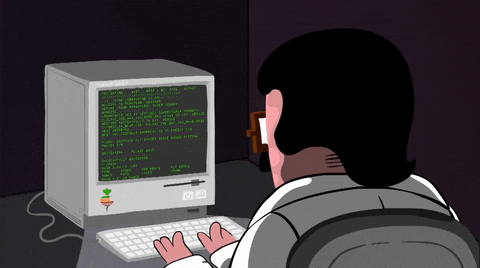
"Pair programming not only enhances social intelligence but also mirrors the collaborative work environment students will encounter in their future careers, fostering teamwork skills."
"The practice of pair programming serves as a social deterrent to academic dishonesty, making it harder for students to cheat as they must involve their peers."
The article discusses the advantages of pair programming in educational settings, emphasizing its role in fostering social skills and teamwork. As students transition back to in-person learning, pair programming has become essential for interactive communication among peers. Surveys indicate that students enjoy this method, which also reduces instances of plagiarism by creating a collaborative environment where cheating becomes socially stigmatized. Additionally, pair programming lowers the number of questions directed at instructors, as students increasingly rely on each other for clarification and problem-solving.
Read at Hackernoon
Unable to calculate read time
Collection
[
|
...
]